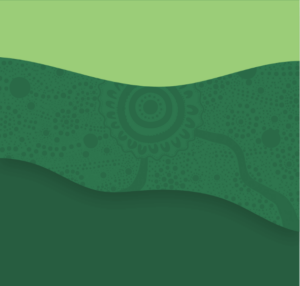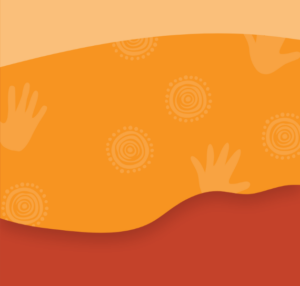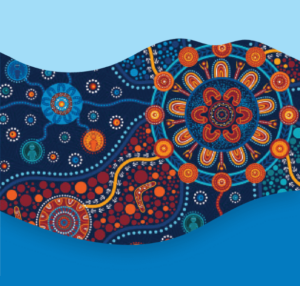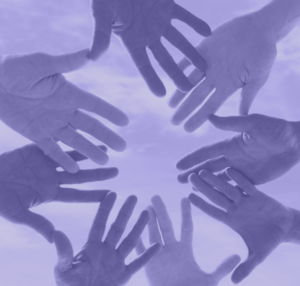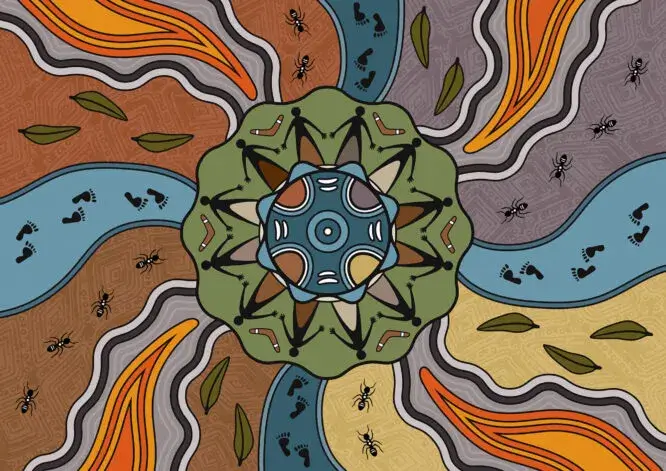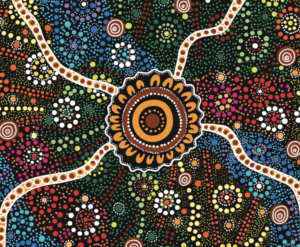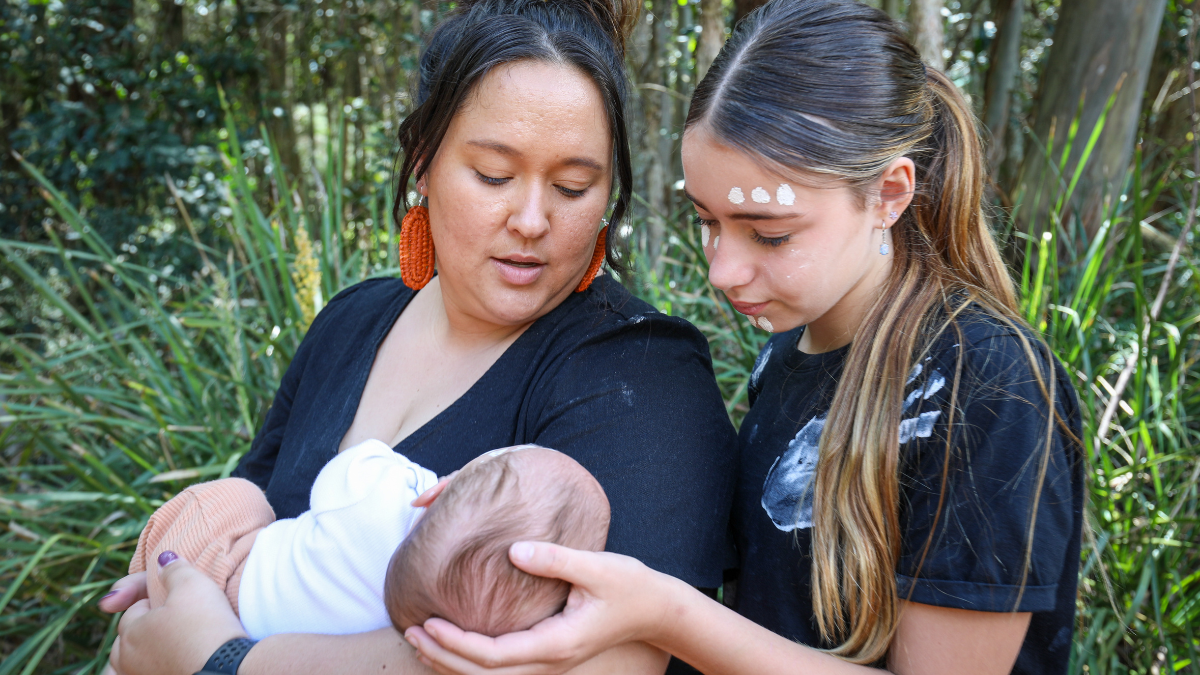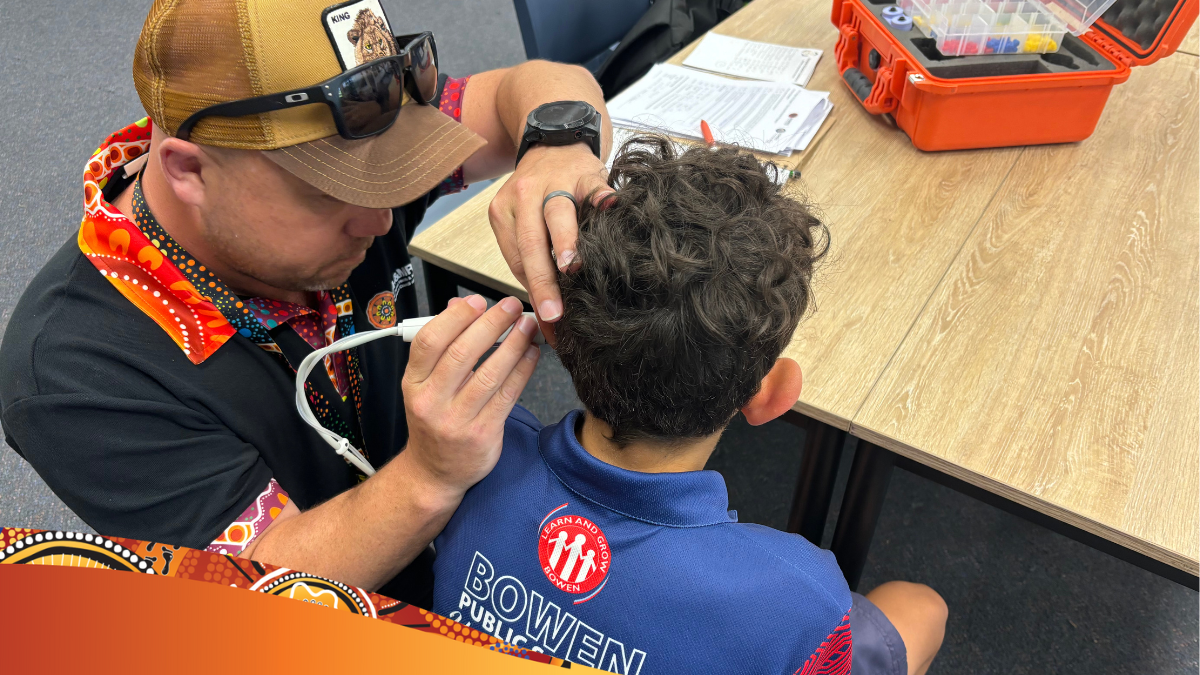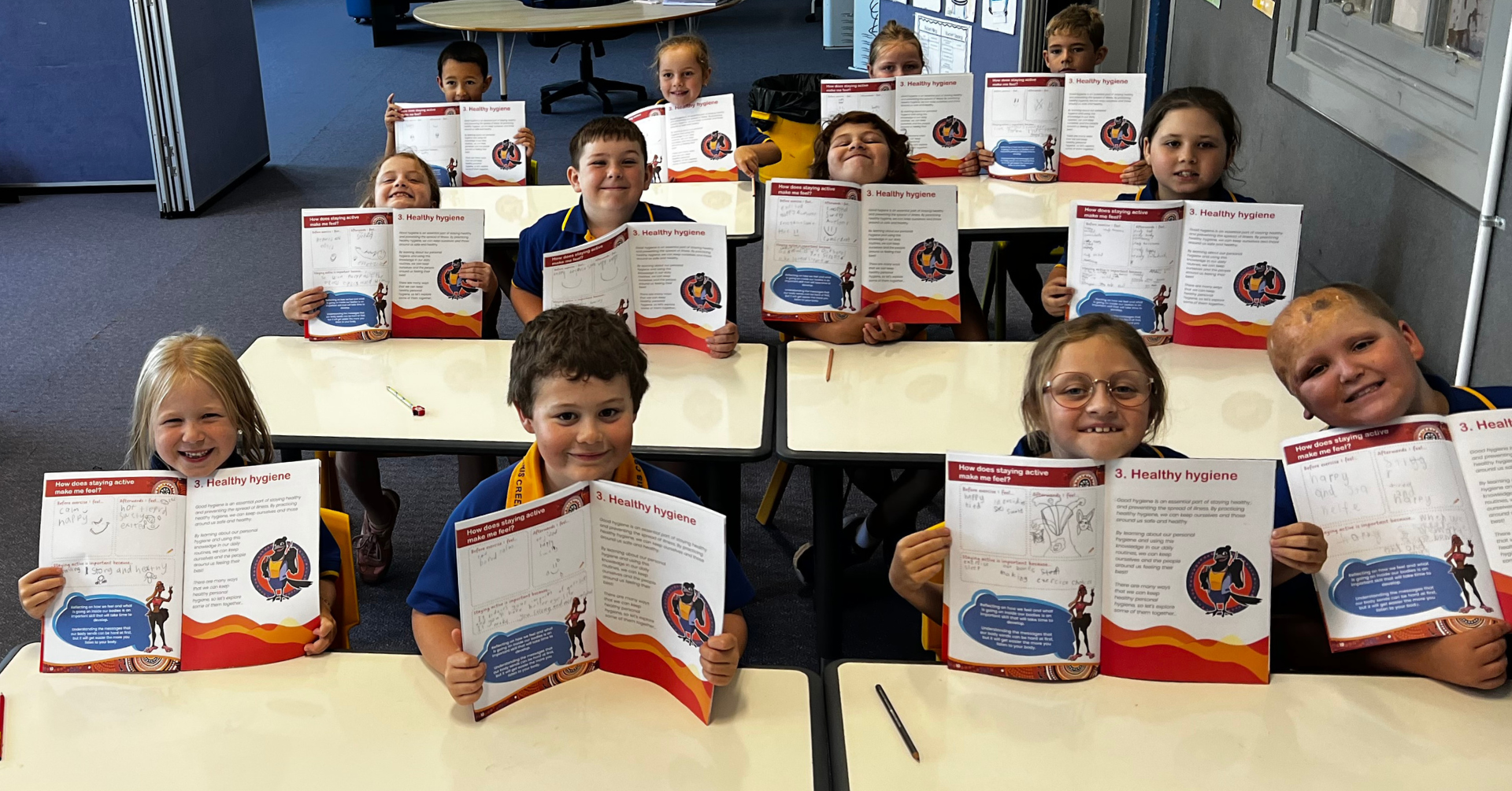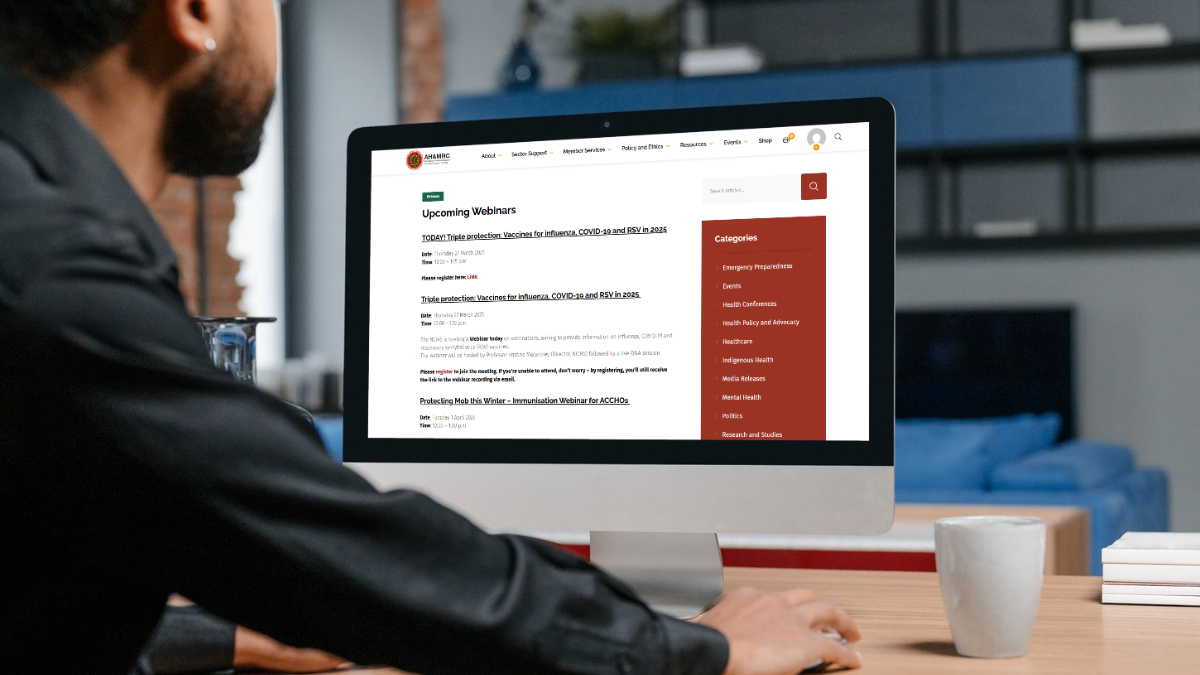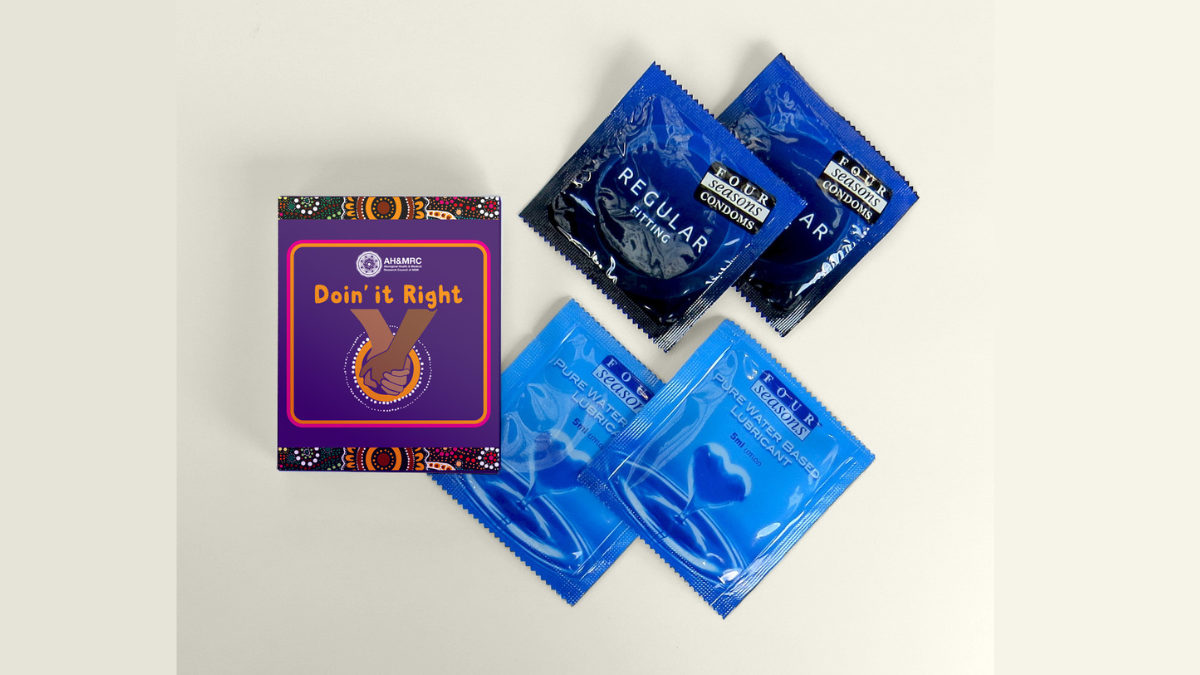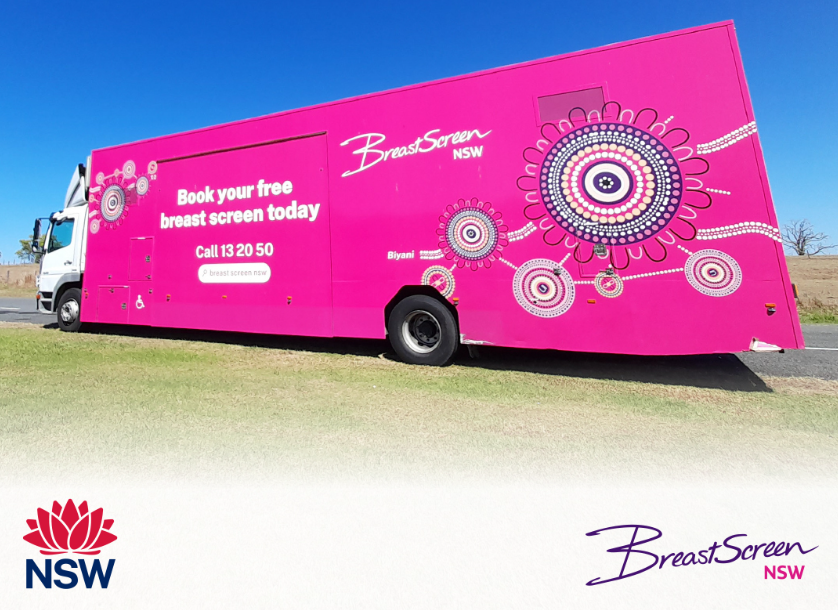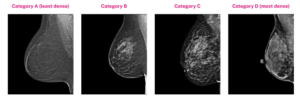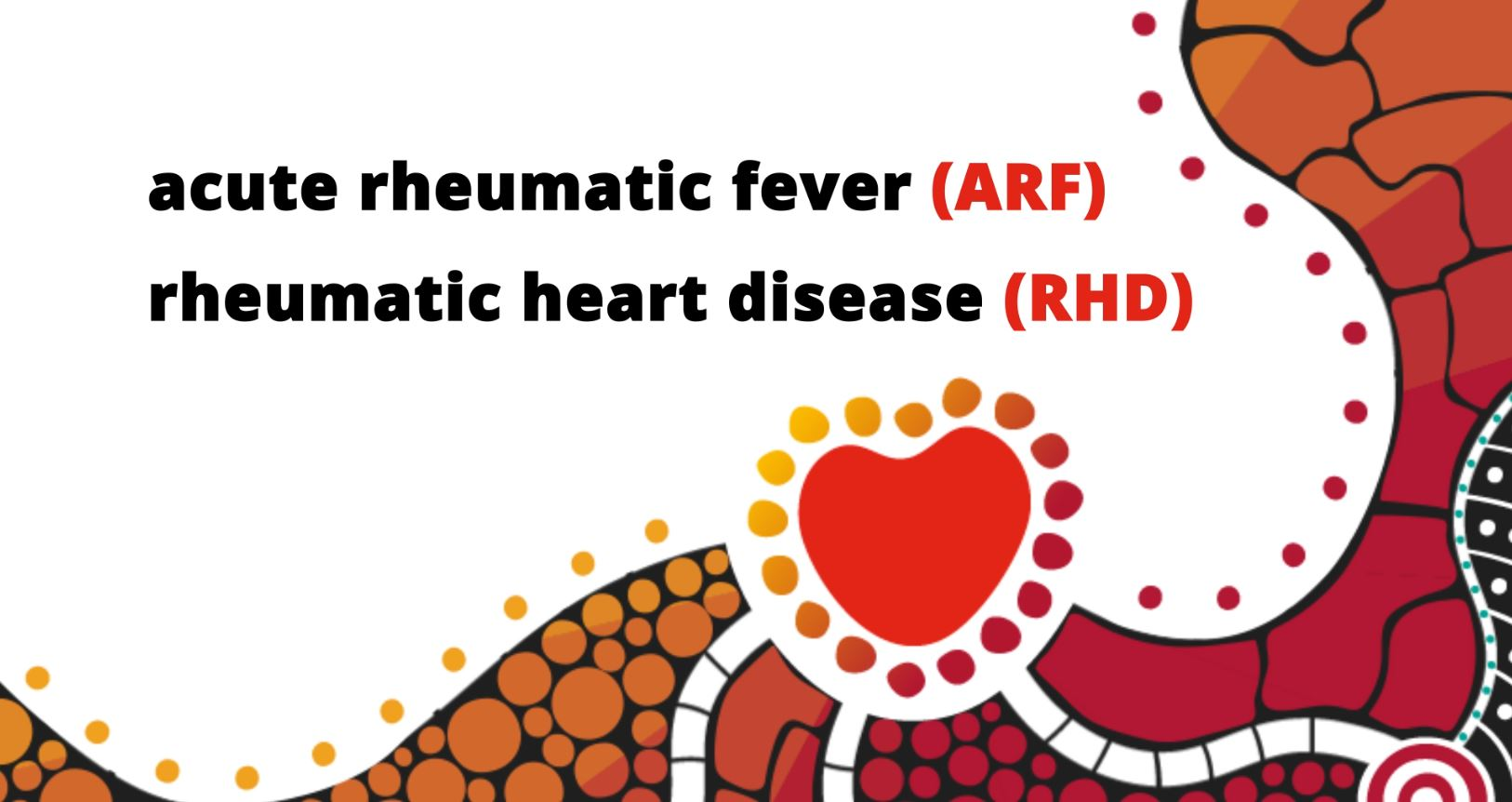Triple protection: Vaccines for influenza, COVID-19 and RSV in 2025
Date: Thursday 27 March 2025
Time: 12:00 – 1:15 p.m
The NCIRS is hosting a Webinar today on vaccinations, aiming to provide information on influenza, COVID-19 and respiratory syncytial virus (RSV) vaccines.
The webinar will be hosted by Professor Kristine Macartney (Director, NCIRS) followed by a live Q&A session.
Please register to join the meeting. If you’re unable to attend, don’t worry – by registering, you’ll still receive the link to the webinar recording via email.
Protecting Mob this Winter – Immunisation Webinar for ACCHOs
Date: Tuesday 1 April 2025
Time: 12:00 – 1:00 p.m
NACCHO in Collaboration with NCIRS will be hosting this webinar on Immunisation, especially for the ACCHO Sector. This will be hosted by Dr Megan Cambell from NACCHO and immunisation experts from NCIRS.
The discussion topics will be around:
- Latest updates on winter viruses and available vaccinations in 2025.
- Practical advice to facilitate discussion around vaccines
- Strategies to increase vaccination uptake
- Resources available to tailor and utilise at the ACCHOs.
Following the webinar will be a Q&A session and an opportunity to share what worked best for your ACCHO to boost vaccination intake in your community.
If you are interested in joining, please register for the webinar.
*Aboriginal and Torres Strait Islander Health Workers and Practitioners will be eligible to claim CPD points with NAATSIHWP for this education. The webinar will be recorded and made available to people who are unable to attend on the day.
Melbourne Academic Centre for Health Aboriginal Health Showcase 2025
Date: Tuesday, 1 Apr 2025
Time: 08:30 – 16:00 AEDT
The Aboriginal Leadership Group at Melbourne Academic Centre for Health (MACH) invites you to the inaugural MACH Aboriginal Health Showcase. This free event, available for attendance online, will highlight Aboriginal-led programs and initiatives addressing health priorities across our Community.
The theme of the Showcase is Listen and Learn: Co-Design and Innovation in Indigenous Health, which provides an opportunity to learn from each other about the innovative programs and initiatives addressing Aboriginal health priorities across the MACH partnership.
For more information and registration, go here.
Date: Wednesday, 2nd April 2025
Time: 8.45 am – 4:30pm
Program available via this LINK
Syphilis Overview in NSW: Risk, Testing, Treatment & Support
Date: Tuesday, 8 April
Time: 7:30pm – 8:30pm.
Location: Online
List syphilis clinical tools, resources, and primary care support services readily available in NSW. You will earn CPD points by attending.
Expert speakers
- Dr Vani Arjunamani – General Practitioner
- Dr Kym Collins – Sexual Health Physician
- Dr Miriam Grotowski – Clinical Dean, Peel Clinical School, University of Newcastle Department of Rural Health
Register here.
Webinar: Are you ready for the National Lung Cancer Screening Program?
Date: Tuesday 15 April
Time: 6:00pm to 7:30pm AEST
The Australian Government Department of Health and Aged Care and Lung Foundation Australia are hosting a webinar for the healthcare workforce. NACCHO will also join the panel discussion. The webinar will focus on how to prepare for the National Lung Cancer Screening Program commencing in July. Learn about the program’s objectives and practical strategies to implement the program in your health service. The webinar is RACGP and ACCRM accredited.
Register here: National Lung Cancer Screening Program Health Workforce Education Webinar
The Lung Foundation Australia has developed eLearning education modules to support healthcare providers to prepare for the National Lung Cancer Screening Program.
The eLearning consists of six self-paced online modules, that will take ~3.5 hours to complete. The modules are being finalised and will be available to start soon.
You can register here to enrol in the modules and be notified when they go live.
The impact of the NSW Drug Court on Health and Social Functioning
Date: Thursday 27 April 2025
Time: 3:00 – 4:00 p.m.
This is a presentation by the University of New South Wales and the National Drug & Alcohol Research Centre about the impact of the Drug Court on reoffending, imprisonment, health and child protection.
Presentation will focus on the following topics:
- Impact of the Drug Court on reconviction at 12- and 24 months post referral
- Imprisonment at case finalisation.
- Emergency department and hospital admissions within five years of referral
- Having had a child or children confirmed as at-risk of serious harm or placed in out-of-home care (OOHC) within five years of referral.
If you would like to join, please register for the presentation here.
